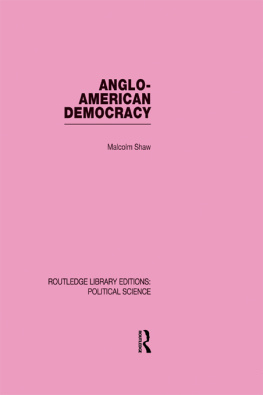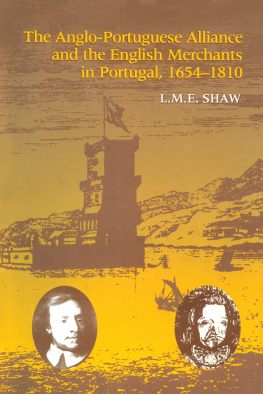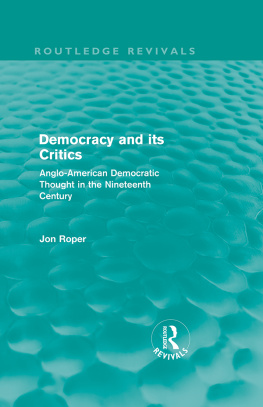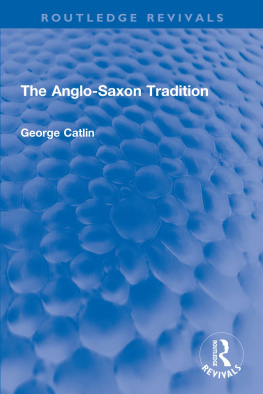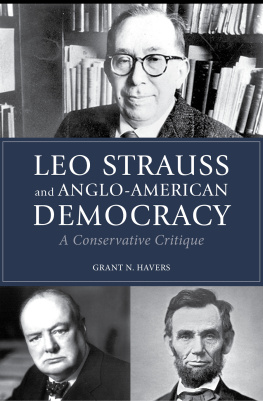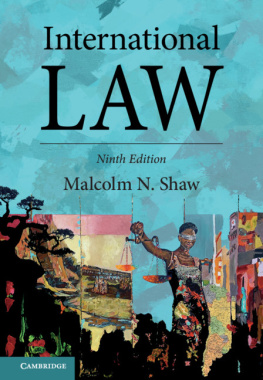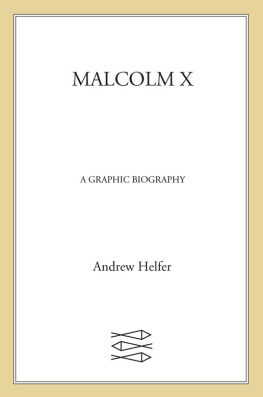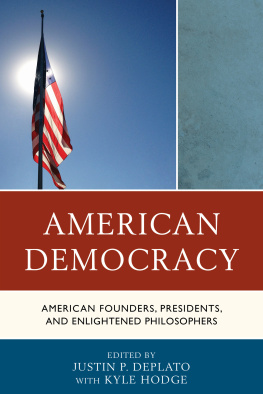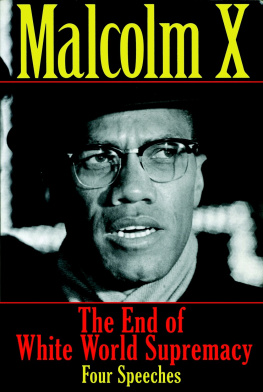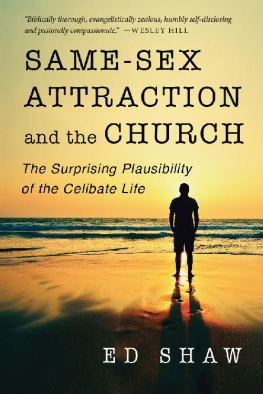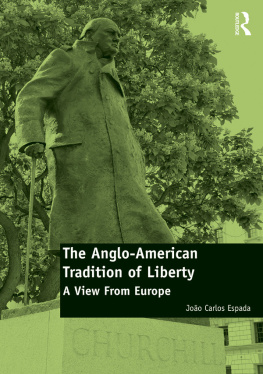First published 1968
This edition first published in 2010
by Routledge
2 Park Square, Milton Park, Abingdon, Oxon, OX14 4RN
Simultaneously published in the USA and Canada
by Routledge
270 Madison Avenue, New York, NY 10016
Routledge is an imprint of the Taylor & Francis Group, an informa business
1968 Malcolm Shaw
All rights reserved. No part of this book may be reprinted or reproduced or utilised in any form or by any electronic, mechanical, or other means, now known or hereafter invented, including photocopying and recording, or in any information storage or retrieval system, without permission in writing from the publishers.
British Library Cataloguing in Publication Data
A catalogue record for this book is available from the British Library
ISBN 10: 0-415-49111-8 (Set)
ISBN 13: 978-0-415-49111-2 (Set)
ISBN 10: 0-415-55524-8 (Volume 2)
ISBN 13: 978-0-415-55524-1 (Volume 2)
Publishers Note
The publisher has gone to great lengths to ensure the quality of this reprint but points out that some imperfections in the original copies may be apparent.
Disclaimer
The publisher has made every effort to trace copyright holders and would welcome correspondence from those they have been unable to trace.
Anglo-American Democracy
by Malcolm Shaw
Lecturer in Anglo-American
Comparative Studies
University of Exeter
First published 1968
by Routledge & Kegan Paul Ltd
Broadway House, 6874 Carter Lane
London E.C.4
Printed in Great Britain
by Willmer Brothers Limited
Malcolm Shaw 1968
No part of this book may be reproduced in any form without permission from the publisher, except for the quotation of brief passages in criticism
SBN 7100 5131 X C
SBN 7100 5132 8 P
General Editors Introduction
This series of paper-back monographs is designed primarily to meet the needs of students of government, politics, or political science in Universities and other institutions providing courses leading to degrees. Each volume aims to provide a brief general introduction indicating the significance of its topic e.g. executives, parties, pressure groups, etc., and then a longer case study relevant to the general topic. First year students will thus be introduced to the kind of detailed work on which all generalizations must be based, while more mature students will have an opportunity to become acquainted with recent original research in a variety of fields. This series will eventually provide a comprehensive coverage of most aspects of political science in a more interesting and fundamental manner than in the large volume which often fails to compensate by breadth what it inevitably lacks in depth.
Mr Shaws volume is one of the best available comparative studies of British and American political systems. He has the advantage of being an American with several years residence in Britain, and one whose traditional allegiances have not prevented him from gaining considerable insight into an alien culture. Unaffected by simplistic notions of Anglo-American cousinship, yet perceptively aware of the similarities within differences which mark the two systems, he claims to have produced a systematic, integrated, sustained Anglo-American political analysis in a manner not yet satisfactorily achieved in other such studies. Readers who approach this volume with a reasonable background knowledge of the two systems will not find it difficult to accept this assessment and also that some of the interpretations and conclusions can lay claim to originality.
H.V.W.
Preface
This is a small book about a large subject. The intention is to describe, in a general way, the main characteristics of the British and American political systems. There is an advantage in dealing in a sweeping way with subjects that are often dealt with in an encyclopaedic way. The object is to expose the trees at the expense of the forest. Of course, short accounts of the working of whole political systems are not unknown. What is intended to be original about this book is that it is both short and integrally comparative.
There is a large body of literature, in both short and extended format (usually the latter), which purports to deal comparatively with political systems. Nevertheless, it is rare to find accounts that are genuinely comparative, by which is meant comparative in an integrated way. What is usually found are accounts of individual political systems placed side by side, the comparative element consisting in the use of similar headings for each country, withmore often than notdifferent authors providing the contributions for the different countries.
Even in this traditional format, it is rare to find comparative literature dealing with the British and American political systems. This is in part due to the nature of the division of labour among political scientists. What one sometimes does find are books about British government replete with incidental comparative references to the United States and books about American government replete with incidental comparative references to Britain. These comparisons are generally thrown in without warning or explanation, as the spirit moves the writer. Very rarely does one find a systematic, integrated, sustained Anglo-American political analysis. The author is aware of no satisfactory book which deals in this way with the whole of the two political systems. It is hoped that this book succeeds in doing so.
In dealing with the subject in such brief compass, however, much has had to be left out. Local government and the judiciary are largely ignored. Moreover, the emphasis is on concepts, with a minimum of purely factual material. While the book is not based on original research, it is hoped that some of the interpretations and conclusions can lay claim to originality. The author, an American, has lived in England during the past six years and is hopeful that proximity has enriched his understanding of the British polity.
M.S.
1
Introduction
When American Government is taught in American universities, there are, as a rule, more comparative references to British practice than to that of any other country. Likewise, when British Government is taught in British universities, there are generally more comparative references to America than to any other country. Why should this be so?
Part of the answer undoubtedly derives from the fact that the two countries have close historical, cultural, and sentimental ties, resulting in unusual interest in how things are done in the mother country or in Englands most precocious offspring. It is also relevant that American political practice is broadly derivative of English practice, and thus it is instructive to note the deviations that have occurred in the 191 years since the colonies declared their independence. But undoubtedly the most important reason why Anglo-American political comparisons are rewarding is that one finds in the two countries two markedly different, and in many ways complementary, approaches to the implementation of the idea of democratic government.



